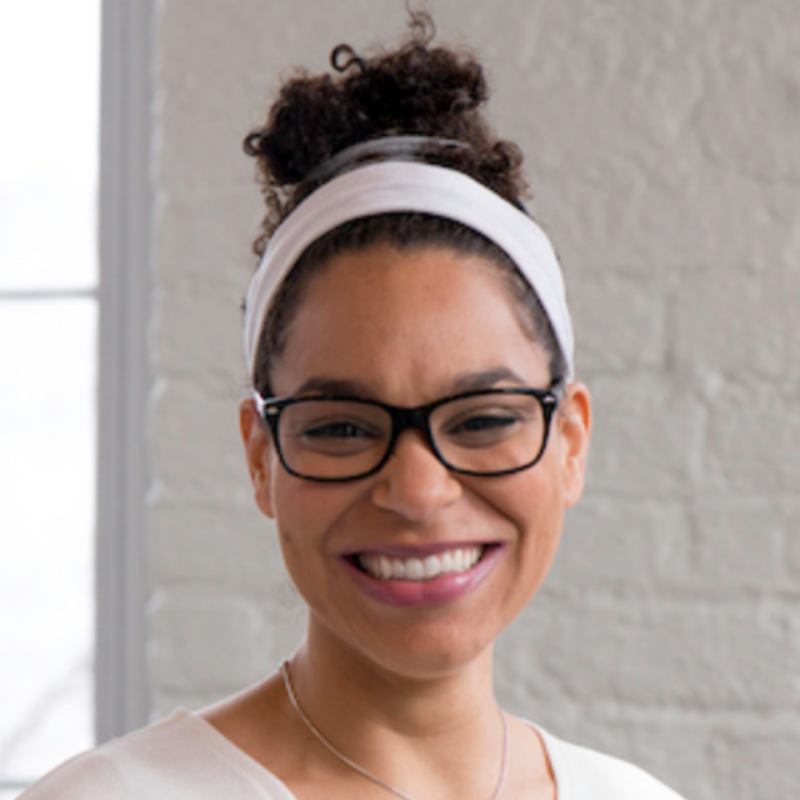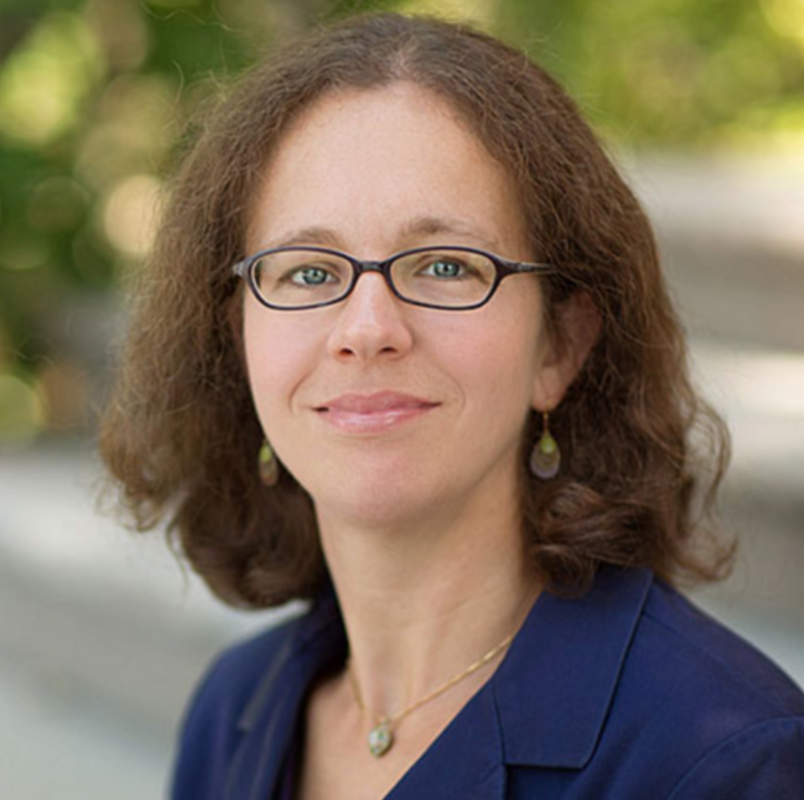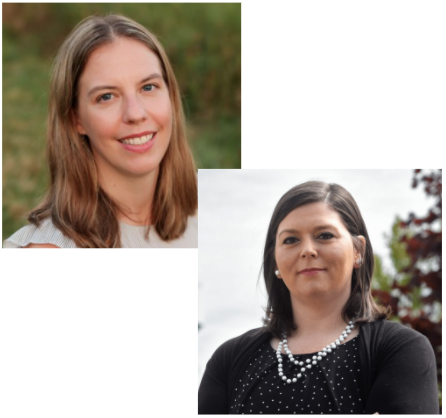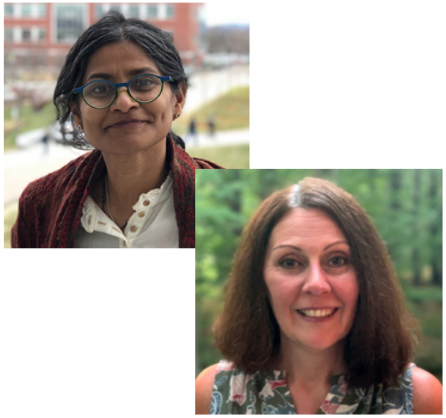#PFASComm: Community-based Communication Training and Competition
Day 1:
Day 2:
Calling all Postdocs and Graduate Students!
Are you an early career PFAS researcher interested in improving your science communication and community engagement skills?
Recognizing the need for opportunities for early career scientists to build skills around communicating with communities directly impacted by PFAS contamination, scientists and community organizers have come together to create a two-part training webinar and competition focused on communicating complex PFAS science to non-scientists.
May 27 and June 17 – Register HERE!
Part 1 – May 27, 6-8pm EDT
A training webinar on PFAS science communication to PFAS impacted communities.
This webinar features two speakers on science communication:
And two case studies on PFAS science communication presented by PFAS scientists and community organizers:
You will come away from this webinar with concrete skills and insights to inform future communications with community audiences and examples of best practices for building researcher-community partnerships.
Part 2 – June 17, 6-8pm EDT
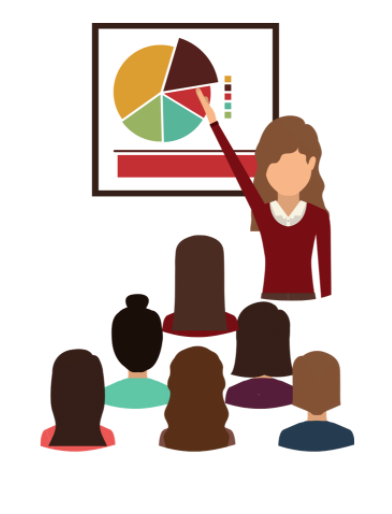
After honing your skills in PFAS science communication in Part 1, participate in our observe the elevator pitch style competition, where preselected trainees researching PFAS will have the opportunity to present their research to PFAS-impacted community members.
1st, 2nd, and 3rd place speakers will be rewarded!
All are welcome to attend both sessions! Note that space is limited for participating in the competition. Please register to attend by May 24. Competition applicants will hear back about acceptance to the competition by June 3 — participation in the May 27th training is required to take part in the competition.
Please let us know if you have any Zoom access needs to ensure your full participation. Questions can be directed to Maia Fitzstevens at fitzstevens@silentspring.org.
This event grew out of a workshop organized by the Green Science Policy Institute and reflects an interest in opportunities to improve communication skills for scientists working with impacted communities. Sponsors and organizers: NC State Center for Environmental and Health Effects of PFAS, Silent Spring Institute, Green Science Policy Institute, Community Action Works, American Association for the Advancement of Science, University of Rhode Island STEEP Superfund Research Center.


